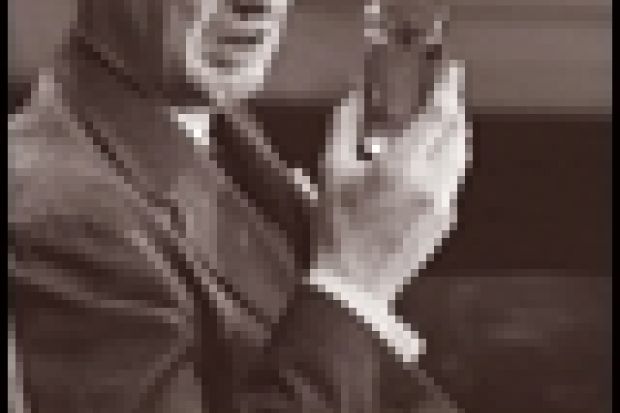This entertaining and informative book is an excellent example of a relatively new genre: philosophy informed by and working in partnership with cognitive science, evolutionary psychology and neurophysiology. Here, the quartet work together in a particularly insightful exploration of what might seem at first sniff to be an unpromising, if not revolting, subject. Pus, faeces, wounds, disfigurement, lice, rotten cabbages and the rest start the journey, but it might end up structuring in-groups versus out-groups, social class, India's caste system, conservative reliance on the "deep wisdom" shown by disgust at unfamiliar sexual practices, or even Christian mortification of the flesh and deep sense of sin.
To get control of all this, we need first to understand our own disgust reactions. Daniel Kelly makes a persuasive case for an evolutionary history that started with the natural need for omnivores such as ourselves to have quick alarm systems to warn us of contamination and poison, on the one hand, and parasites and disease on the other. The immediate aversion to things that might be, or indicate, these threats is an obvious advantage. There is no antecedent reason why these two different families of threats should be signalled the same way, but Kelly suggests that early in hominid history they became entangled, making up together the immediate elicitors of disgust. Together with aversion, they cause a salient phenomenology: heightened attention, sensitivity and memory. Disgust is vivid.
Social learning modifies and extends the database of elicitors. As Charles Darwin saw, one of the most fascinating aspects of disgust is its immediate registration in facial expression. The wrinkled nose and protruding tongue serve to communicate disgust. Apparently the "gape" is almost impossible to suppress, and even when we try, microexpressions lasting as little as 40 milliseconds may give us away.
Finally, "gene-culture" co-evolution gives us a mechanism by which the disgust reaction is recruited to police social norms. There is some dispute over this: when people say, for instance, that they are disgusted at bankers' salaries, or the price of energy, it is reasonable to ask if this is real disgust or a metaphorical extension of the notion. Kelly cites interesting electromyography experiments showing that facial expressions involving "oral and nasal expulsion" are genuine enough in moral contexts, such as when one is made an unfair offer. He suggests that a good deal of moral argument recruits the power of the disgust reaction, and psychologists have shown that even subliminally present elicitors of disgust can cause people's apparently thought-out judgements to veer in the direction of severity.
Armed with this account, Kelly has no difficulty in joining the ranks of those who are sceptical of any appeal to "natural" feelings of disgust as an aid to moral thought. On the contrary, it is often an aid to oppression, stereotyping and, eventually, the dehumanisation of targeted groups who can be stigmatised as polluted, sinful and contaminating. One of the most shocking facts in the book is the discovery that in cases where people find others disgusting, higher brain areas (the medial prefrontal cortex) that are associated with interaction with other people fail to activate: the others are denied status even as persons. Put that together with the fact that people can be made disgusting by disgusting treatment, and the downward spiral towards brutalisation is well under way.
I found it hard to put this book down, and recommend it as a shining example of genuine progress in moral philosophy, arising from bona fide increases in our understanding of who and what we are. Buy it now, but don't read it at mealtimes.
Yuck! The Nature and Moral Significance of Disgust
By Daniel Kelly
MIT Press, 208pp, £22.95
ISBN 9780262015585
Published 2 September 2011
Register to continue
Why register?
- Registration is free and only takes a moment
- Once registered, you can read 3 articles a month
- Sign up for our newsletter
Subscribe
Or subscribe for unlimited access to:
- Unlimited access to news, views, insights & reviews
- Digital editions
- Digital access to THE’s university and college rankings analysis
Already registered or a current subscriber? Login
